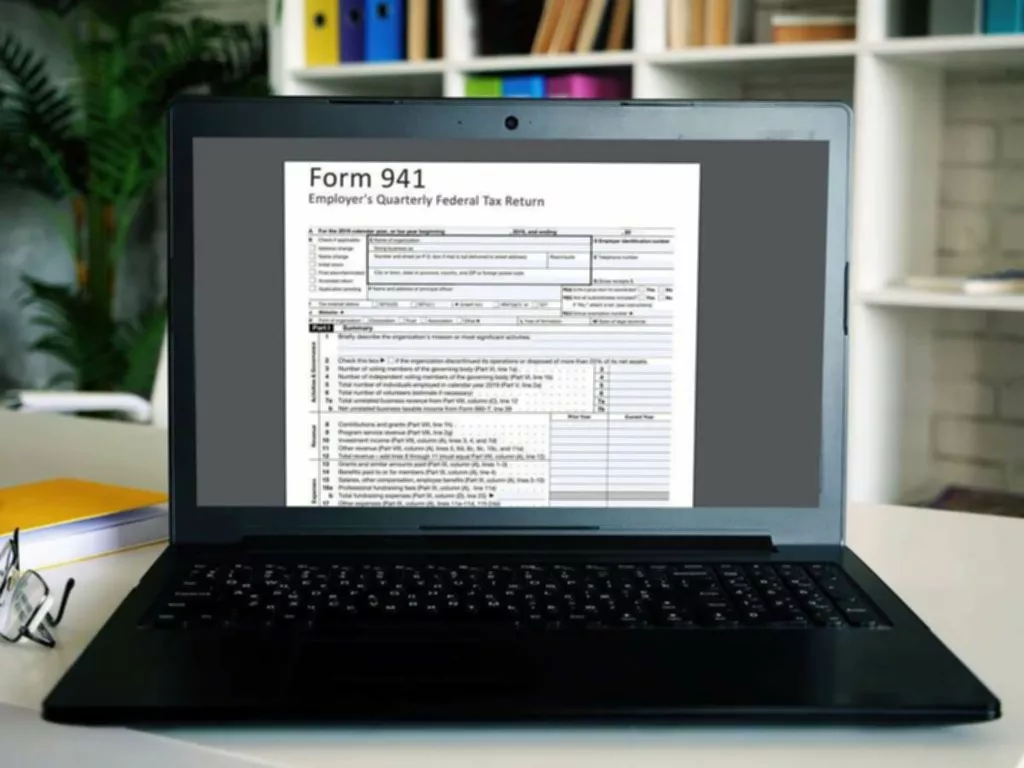- August 23, 2021
- Posted by: innovety
- Category: Bookkeeping
Content

This information is neither individualized nor a research report, and must not serve as the basis for any investment decision. All investments involve risk, including the possible loss of capital. Past performance does not guarantee future results or returns.

Wages are defined as all remuneration for employment, including the cash value of all remuneration (including benefits) paid in any medium other than cash. Please note that there are many exceptions to this definition that are beyond the scope of this guide. Employers must withhold a set percentage https://www.bookstime.com/articles/federal-insurance-contributions-act of an employee’s salary each pay period. FICA requires that the employer match the employee’s amount and contribute the money to a government account known as the Social Security Trust Fund. This fund provides retirement income, as well as disability insurance, Medicare and benefits for survivors.
How is FICA calculated?
He feared that politicians would take and use the money for their own purposes. The Self-Employment Contributions Act (SECA) of 1954 requires the self-employed to pay taxes on their net earnings to help fund Social Security and Medicare. The FICA tax also is not imposed on unearned income, including interest on savings deposits, stock dividends, and capital gains such as profits from the sale of stock or real estate. The proportion of total income that is exempt from FICA tax as “unearned income” tends to rise with higher income brackets. Under FICA, an employee must give up a fraction of his salary for Medicare and Social Security. The employer, meanwhile, must match the employee’s contribution.
- Employers match those amounts, for a total of 15.3% of the average salary.
- While self-employed individuals do in fact pay more than wage earned, it is crucial to keep in mind that they get a tax break.
- What if you don’t have a traditional employer to pick up half of the total FICA tax tab?
- Medicare taxes are 2.9% on all wages and split 1.45% between employer and employee, but if a person’s wages exceeds $200,000, an extra .9% Medicare tax applies for the employee to pay.
The Social Security tax is the largest portion of FICA taxes. The total rate is 12.4% of your total income, with half of the tax paid by the employee and half paid by the employer. This tax applies to the first $147,000 that you make (in 2023, this increases to $160,200). You do not have to pay the Social Security portion of FICA taxes on any amount that you make over $147,000. Accordingly, you won’t receive any additional Social Security benefits based on your income above $147,000 in 2022 (or $160,200 in 2023).
Services performed by patients
In the 1960s, Medicare was introduced to rectify the fourth problem (health care for the elderly). The FICA tax was increased in order to pay for this expense.

Since then, a Medicare payroll tax was added in 1965 to contribute to Medicare costs. The FICA definition includes annual revision of tax rates as well as a limit on https://www.bookstime.com/ taxable wages, also annually revisable. While there is no limit in place for Medicare contribution, there is a cap set on mandatory Social Security contribution.
Certain emergency workers
While self-employed individuals do in fact pay more than wage earned, it is crucial to keep in mind that they get a tax break. Self-employed taxpayers have the opportunity to deduct half of their self-employment tax on their individual income tax return. Beginning in 2013, wages paid in excess of $200,000 are subject to an extra 0.9 percent Medicare tax that will only be withheld from employees’ wages.
- FICA taxes are related to, but not the same as, Social Security.
- These programs provide health coverage to seniors and others who are not able to afford health insurance.
- The primary principle underlying the act is that individuals who are employed should contribute a portion of their earnings to support Social Security and, later on, Medicare.
- Most employees will see 6.2% taken out for Social Security and 1.45% for Medicare, for a total of 7.65%.
- This means that if you earn more than $147,000 across two employers in 2022, you will overpay.
Hiring contractors in new countries normally requires weeks of legal paperwork and research on local compliance laws. With Panther, hiring contractors in 150+ countries just takes a couple of clicks. Robinhood Financial LLC (member SIPC), is a registered broker dealer. Robinhood Securities, LLC (member SIPC), provides brokerage clearing services. All are subsidiaries of Robinhood Markets, Inc. (‘Robinhood’). Commercial real estate, or CRE, is property that is primarily used to conduct business and provide income to the property owner, such as office buildings, shopping malls, and factories.
What Does Federal Insurance Contributions Act (FICA) Mean?
That means that the total FICA tax is typically 15.3% of your gross pay. Self-employed individuals pay both halves of these Social Security and Medicare taxes, since they are both the employee and the employer. The Federal Insurance Contributions Act (FICA) is a federal law that requires employers and employees to pay a tax to fund Social Security and Medicare programs. The tax is based on a percentage of an employee’s wages, and employers are responsible for withholding and remitting the tax to the government. Federal Insurance Contributions Act (FICA) is a law that requires employers and employees to pay a tax to fund social security benefits.

That percentage is matched by the individual’s employer and paid into the same programs. In the case of typical salaried employees, the percentage is simply withheld from their wages by their employer, while self-employed individuals are responsible for paying both halves bundled into an equivalent tax themselves. The Self-Employed Contributions Act (SECA) is a tax law that requires self-employed individuals to pay Social Security and Medicare taxes on their income. While employees have their Social Security and Medicare taxes withheld from their paychecks by their employer, self-employed taxpayers are solely responsible for paying both the employee and employer portions of these taxes. Sole proprietors, for instance, are responsible for paying 12.4% of their income towards Social Security and 2.9% towards Medicare.
Federal Insurance Contributions Act (FICA)
There are some limited cases, such as a successor-predecessor employer transfer, in which the payments that have already been withheld can be counted toward the year-to-date total. The FICA tax applies to earned income only and is not imposed on investment income such as rental income, interest, or dividends. Every paycheck, you must pay a percentage of your income to the government to help fund Social Security and Medicare. But when you retire, you can receive Medicare and Social Security payments based on several factors, including the amount of FICA taxes that you paid. So the FICA tax that you pay is like being forced to save money for your retirement. One of the most recent changes to FICA taxes (as of 2013) is the addition of a 0.9% tax on wages above $200,000.
The amount given under FICA is based on the employee’s income. And if you did, all FICA means on your paycheck is the portion of money that’s being withheld for Social Security and Medicare. Social Security makes up 6.2% and Medicare makes up 1.45% for a total of 7.65%.
